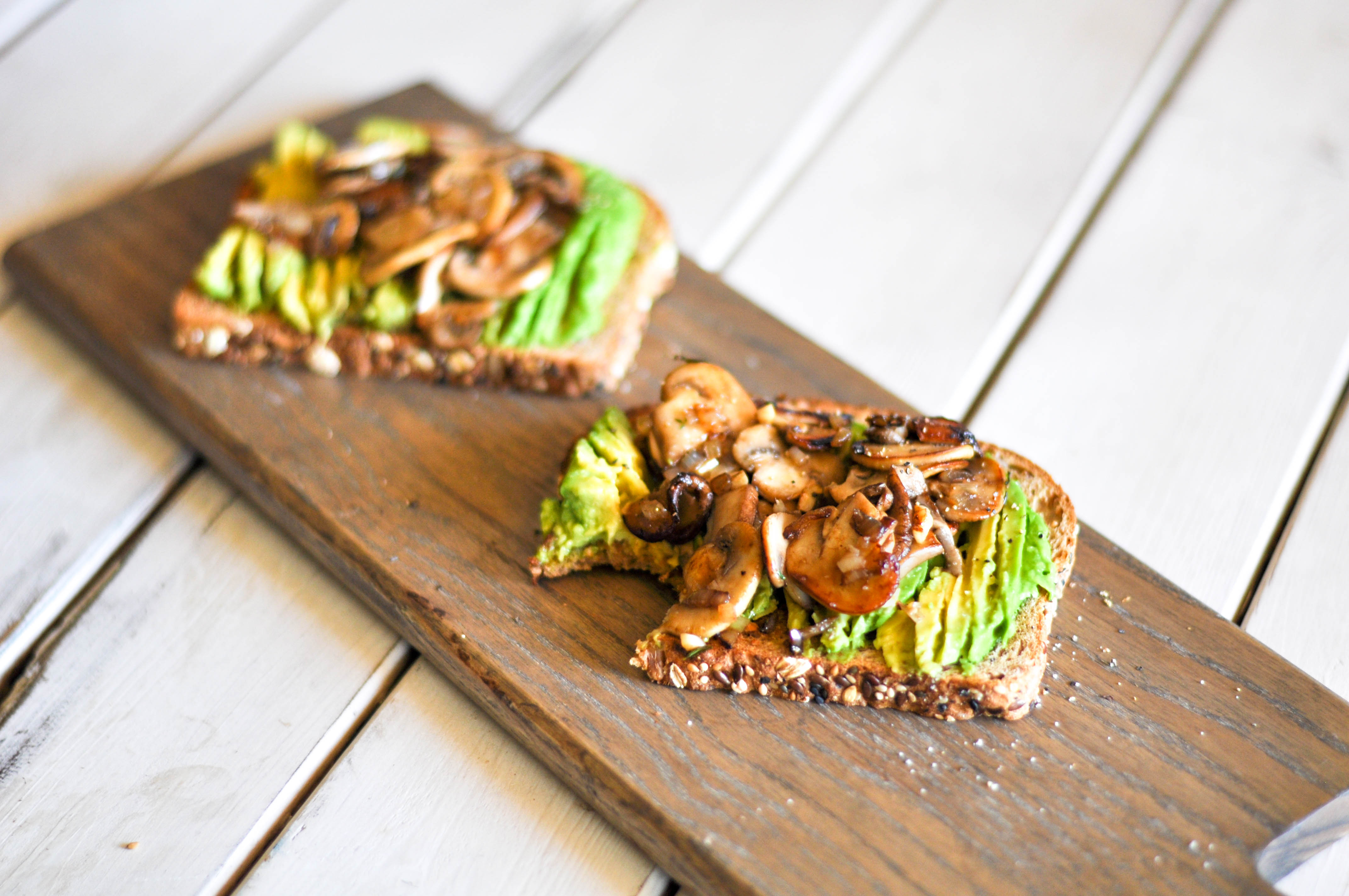January is here, and with it, a health-conscious mindset for many resolutioners. It’s a new year to increase your wellbeing, get more physically fit and make positive changes— and we’re here to introduce you to the often overlooked nutrient you need: vitamin D.
Vitamin D is a fat-soluble vitamin that’s linked with many health benefits, and an amazing booster to include in your diet.
Here are four powerful reasons to add vitamin D-rich foods to your meal plan:

1. Vitamin D may help to improve your bone health.
Evidence points to vitamin D as a key helper in strong bone health.
This nutrient is known for increasing the intestinal absorption of calcium. How does it work? Vitamin D has been observed to bind to important receptors, leading to better absorption of calcium.
“Low levels of vitamin D lead to low bone calcium stores, increasing the risk of fractures,” claims Harvard Medical School. By adding vitamin D to your diet, you could be reducing your chances of painful fractures, as well the development of other bone-related ailments like osteoporosis.
2. Vitamin D can enhance your immune system.
In addition to aiding your bones, vitamin D has received scientific validation as a powerful immune system supporter too.
Studies have found that immunologic cells are capable of synthesizing the active vitamin D metabolite. Translation? Vitamin D has been associated with increased autoimmunity, since your immune system utilizes the nutrient to strengthen itself.
That same linked research found that those who received more vitamin D increased their resistance to infection. Help to reduce your chances of getting sick this year by getting your daily dose of dietary vitamin D!
What’s vitamin D’s secret? New findings are linking vitamin D with anti-inflammatory properties, “dampen(ing) the damaging effect of cell stress response and of the immune reaction.” Vitamin D’s immunoregulatory powers earned it the nickname of The “Pro-Survival” Molecule among the scientific community.

3. Vitamin D deficiency is linked with many ailments.
While there are a number of benefits to receiving vitamin D, perhaps the bigger reason many take supplements or eat vitamin D-rich foods is concern about the increased risk of developing problems from inadequate intake of the nutrient.
Vitamin D deficiencies can increase chances of developing ailments with age, such as type 1 diabetes or muscle and bone pain. Those with chronically low levels of the nutrient are also at a higher risk of developing cancers of the breast, colon, prostate, ovaries, esophagus and lymphatic system, according to WebMD.
And that’s just the start. Women who took vitamin D supplements in one study were 40% less likely to develop multiple sclerosis compared to those not taking this daily vitamin. Another study at Boston University found that those who produced the vitamin through UVA and UVB sunlight exposure naturally normalized their high blood pressure levels.
Beyond being essential for bone health, vitamin D deficiency has been associated with vascular problems, hypertension, depression, arthritis and more. Read more about the impact of vitamin D deficiency here.
4. It can be hard to get vitamin D from the sun alone, making its incorporation into your diet crucial.
Vitamin D is the only vitamin our body produces when exposed to sunlight, making it an interesting nutrient. When the sun’s rays touch our skin, our body uses the ultraviolet B (UVB) energy to produce vitamin D3.
Shockingly though, nearly 42% of Americans lack adequate vitamin D. Our modern indoor lifestyles, use of sunblock and location in cool climates can impact our sunlight exposure, reducing the amount of vitamin D we receive through the rays.
Luckily there’s another form of Vitamin D— D2— which can be received by eating mushrooms that produce vitamin D when exposed to the sun, just like we do.

“It used to be thought that D2 was less potent and bioavailable in the body than D3,” according to Berkeley Wellness. However, a number of reputable studies ”comparing D2 from mushrooms with D3 from supplements… has found that D2 is as effective as D3 in boosting the biologically active form of the vitamin in the body.”
That’s an important fact, because for some, consuming plant-based D2 is their only dietary source of the nutrient.
Your Secret Source of Vitamin D: Our Miraculous Mushrooms
Because of vitamin D’s incredible benefits, many try to source vitamin D from their diet. Yet many are shocked to find that very few animal-based foods include natural levels of vitamin D.
Meat and dairy sources are, surprisingly, not a beneficial source. When it comes to beef and pork, only the animal’s organs (like the liver and kidneys) contain significant vitamin D levels— and not even all animal organs contain this important nutrient. For instance, chicken livers provide no trace of vitamin D whatsoever.
Even mushrooms (which can be a generous source of the vitamin under the right conditions), are mostly commercially grown in the dark and, thereby, lack vitamin D.
Just check the label on the mushrooms you pick up in the produce department; most contain NO trace of the vitamin. But our Monterey High Vitamin D Mushrooms do.
We teamed up with the U.S. Department of Agriculture to replicate vitamin D-rich sunlight indoors. No additives, supplements or chemicals are involved, just our specially devised proprietary ultraviolet light!
As a result, our mushrooms contain a powerful punch of the sunshine vitamin, and are a great way to sneak it into your family’s daily diet.
Add High Vitamin D Mushrooms to Your Meal Plan
Learn more about our nutrient-rich mushrooms and all the miraculous benefits of vitamin D by downloading our Free Everything You Need to Know About Vitamin D & Mushrooms ebook.
Then, find out where you can buy our High Vitamin D mushrooms here and food prep smarter with a little help from Monterey.







